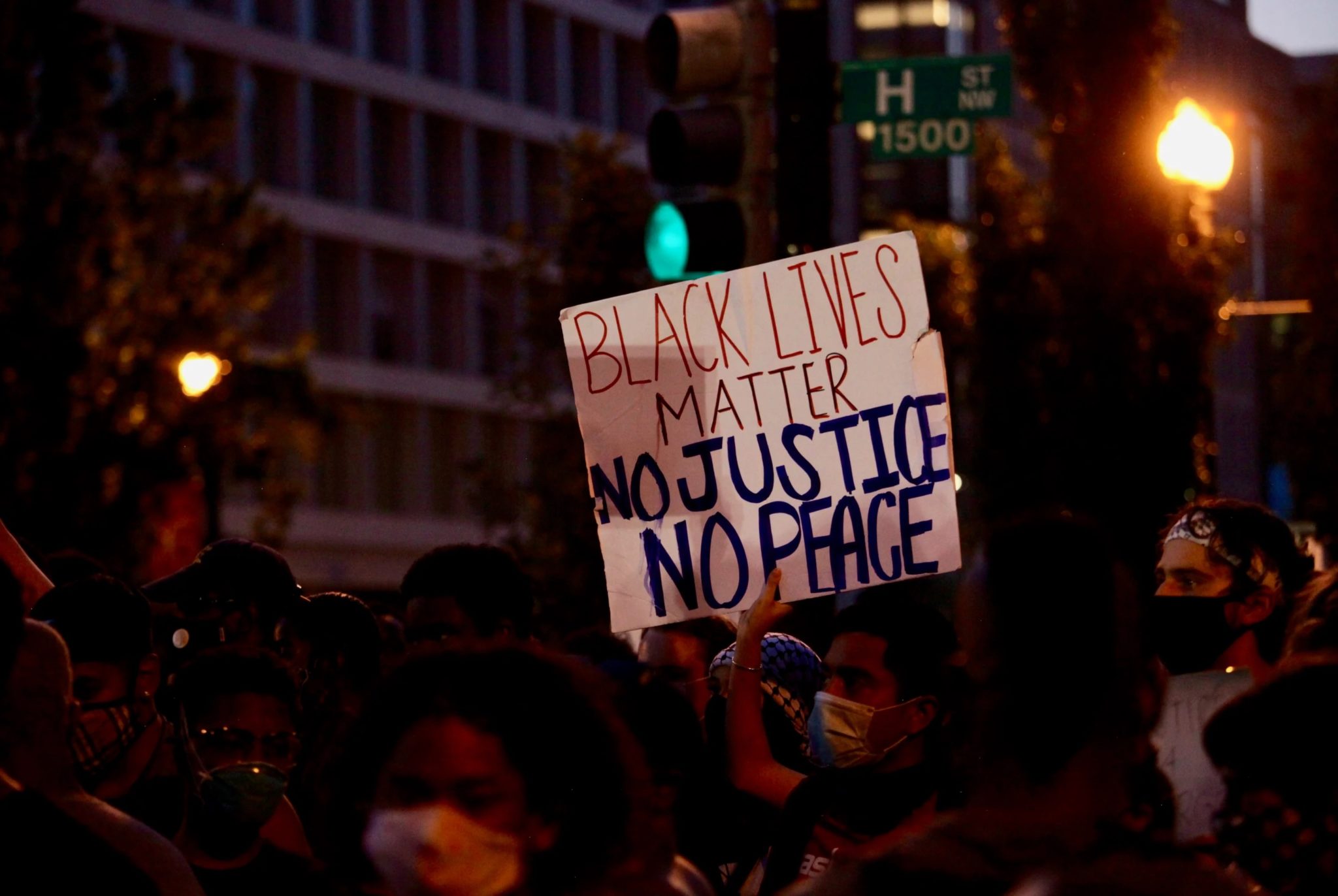The FBI reported on Monday that the number of hate crimes in the United States rose six percent in 2020 to the highest level in 12 years. The trend is headed in the opposite direction in DC: The number of hate crimes reported in the city decreased by more than 40 percent between 2019 and 2020.
There was a total of 133 bias-based attacks reported in DC last year—down from 222 in 2019. Of those, 47 percent were designated as racially charged attacks and 52 percent targeted individuals based on sexual orientation or gender identity. A single reported case was motivated by religion, and no incidents in the data involved anti-Jewish bias.
The number of hate crimes based on race decreased by 47 percent from the previous year, and hate crimes based on sexual orientation lowered by more 36 percent.
On the other hand, hates crimes reported in Maryland and Virginia have both increased in the past year. The incidents in Maryland shot up by 110 percent (to a total of 40 reported), while those in Virginia rose by 1.2 percent (to 170). Similar to the national average, the majority of hate crimes in both states were motivated by anti-Black sentiments. There have been increases in hates crimes against Black and Asian people in both Maryland and Virginia. Like in many places across the United States, the spike may be caused by rising anti-Black and anti-Asian sentiments that festered during the racial justices protests and the Covid-19 pandemic.
However, it is likely that these numbers are undercounted and don’t accurately reflect the prevalence of hate crimes in the area. Even though the Hate Crimes Prevention Act requires the Attorney General to collect data on bias-related attacks, law enforcement agencies are not required to report hate crime data to the FBI. All except nine agencies in DC, Maryland, and Virginia reported their data to the FBI for the annual crime report.
Attorney General Merrick Garland expressed his concern about unreported hate crimes in a press statement on Monday. “These numbers confirm what we have already seen and heard from communities, advocates and law enforcement agencies around the country,” he said. “And these numbers do not account for the many hate crimes that go unreported.”













